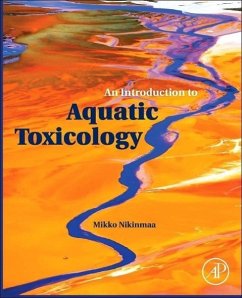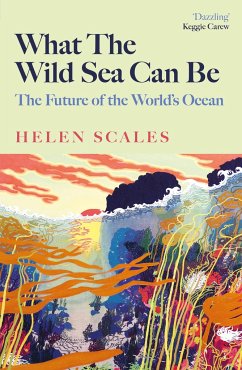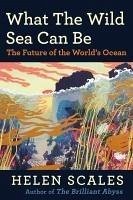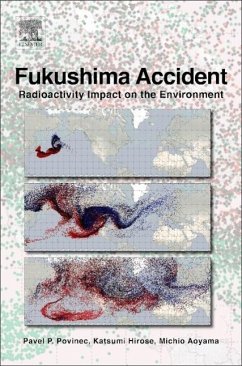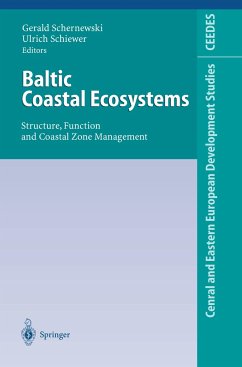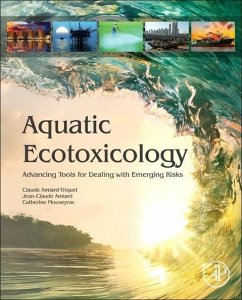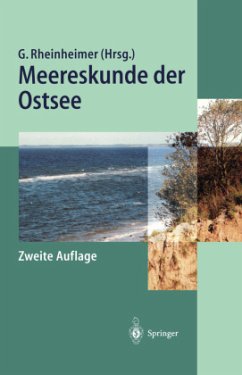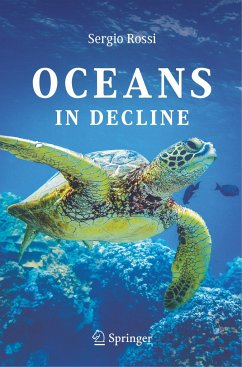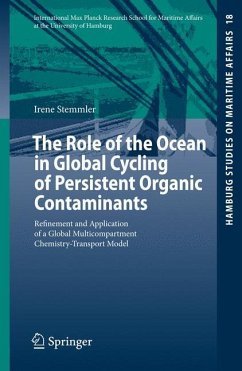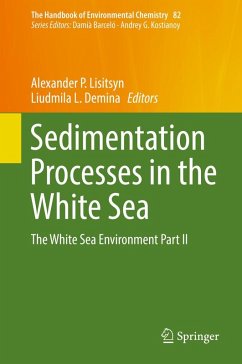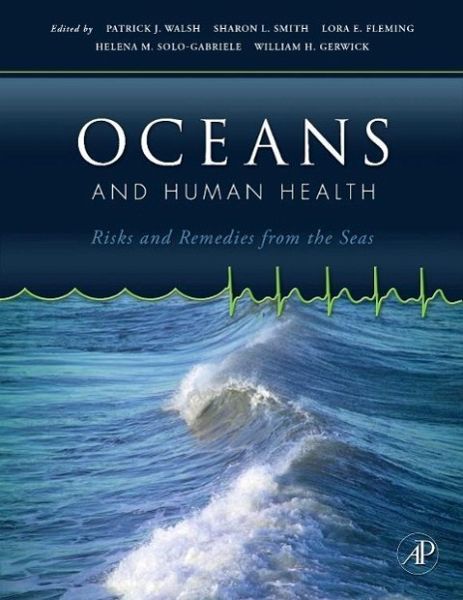
Oceans and Human Health
Risks and Remedies from the Seas
Herausgegeben: Walsh, Patrick J.; Smith, Sharon; Fleming, Lora; Solo-Gabriele, Helena; Gerwick, William H.
Versandkostenfrei!
Liefertermin unbestimmt
108,99 €
inkl. MwSt.
Weitere Ausgaben:
Oceans and Human Health highlights an unprecedented collaboration of environmental scientists, ecologists and physicians working together on this important new discipline, to the benefit of human health and ocean environmental integrity alike. Oceanography, toxicology, natural products chemistry, environmental microbiology, comparative animal physiology, epidemiology and public health are all long established areas of research in their own right and all contribute data and expertise to an integrated understanding of the ways in which ocean biology and chemistry affect human health for better o...
Oceans and Human Health highlights an unprecedented collaboration of environmental scientists, ecologists and physicians working together on this important new discipline, to the benefit of human health and ocean environmental integrity alike. Oceanography, toxicology, natural products chemistry, environmental microbiology, comparative animal physiology, epidemiology and public health are all long established areas of research in their own right and all contribute data and expertise to an integrated understanding of the ways in which ocean biology and chemistry affect human health for better or worse. This book introduces this topic to researchers and advanced students interested in this emerging field, enabling them to see how their research fits into the broader interactions between the aquatic environment and human health.





